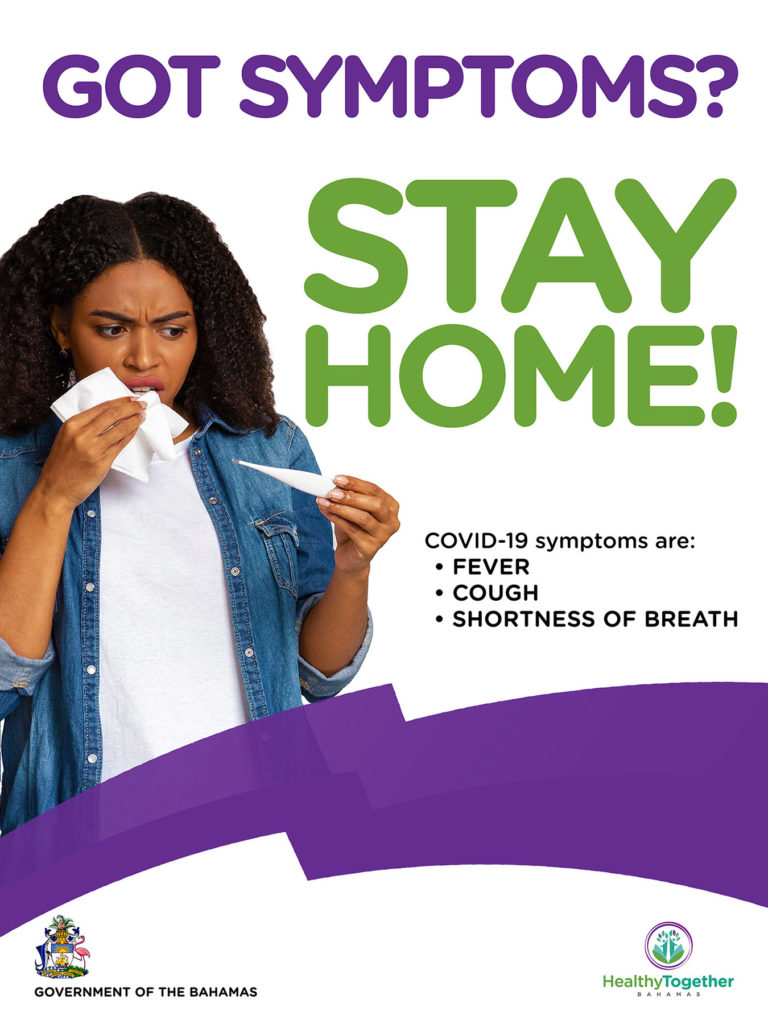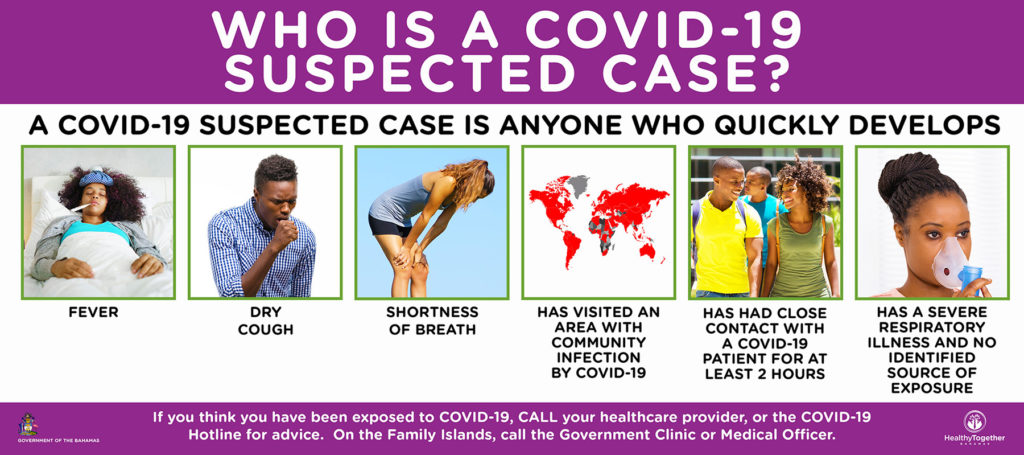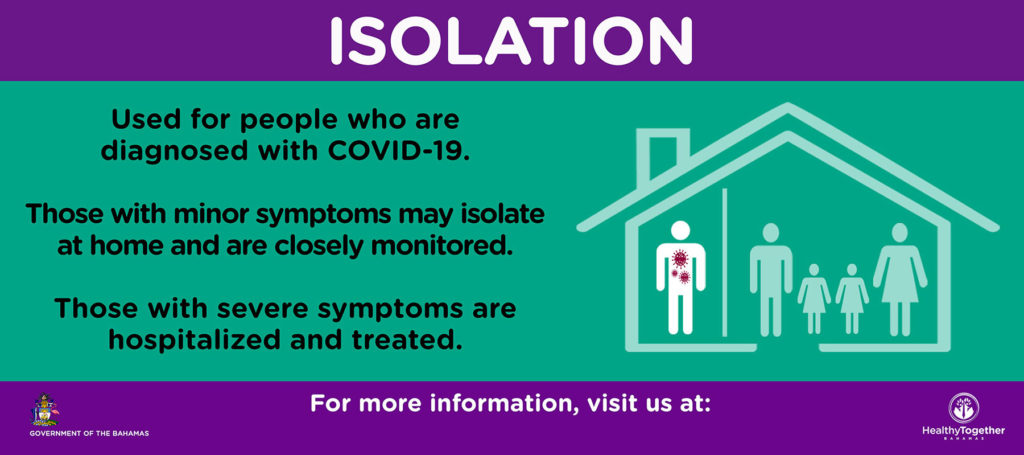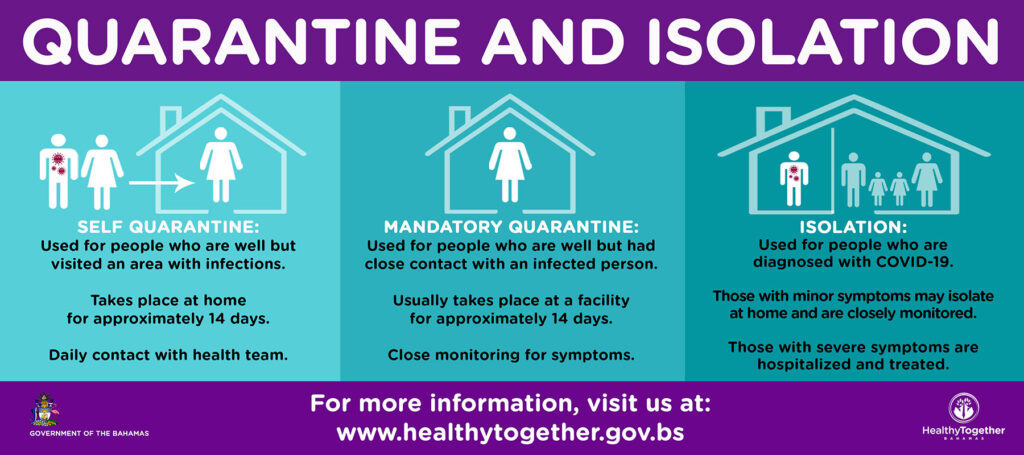What to do if you’re sick
Protégez-vous et les autres contre le COVID-19
Voici des moyens simples mais efficaces de prévenir la propagation du COVID-19.
Stay at home if you?re sick
If you have cold or flu symptoms you should stay at home and call your doctor for advice about testing.
Symptoms of COVID-19 include:
- une toux
- une forte fièvre
- essoufflement
- maux de gorge
- éternuements et nez qui coule
- perte d'odeur temporaire

Having these symptoms does not mean you have COVID-19. They are similar to other illnesses like a cold or the flu. If you are experiencing these symptoms, please quarantine yourself from others and monitor how your symptoms develop.

Self-isolation
If you are sick, it is best to stay away from others – even when at home. Follow these precautions:
- Do not socialise, even with family.
- Avoid sharing a bed with others if possible.
- Minimise the time you spend in shared spaces such as bathrooms, kitchens and sitting rooms.
- Clean surfaces with disinfectant after you use them. Try to avoid touching them after you have cleaned them.

Wear a facemask
You should wear a facemask if you are sick or whenever you leave your home. All businesses require you to wear a facemask in order to enter. It is also required for most curb-side transactions.
Most people can use non-medical-grade face coverings. These face coverings prevent wearers from spreading diseases to others and can help protect wearers from becoming infected.
Non-medical-grade face coverings can be either single-use or reusable.
- A single-use face covering can only be worn once, and you should throw it away after wearing it.
- Fabric reusable face coverings can be washed and reused.
How To Wear A Fabric Mask Safely!
Wash your hands
It?s as easy as singing the Alphabet song. Wash your hands often with soap and water for at least 20 seconds. This is especially important after blowing your nose, coughing, or sneezing; going to the bathroom; and before eating or preparing food.
If soap and water are not available, use an alcohol-based hand sanitiser with at least 60% alcohol, covering all surfaces of your hands and rubbing them together until they feel dry.
Avoid touching your eyes, nose, and mouth with unwashed hands.
Also avoid sharing personal household items:
Do not share dishes, drinking glasses, cups, eating utensils, towels, or bedding with other people in your home. Wash thoroughly after use.
Cough or sneeze into your elbow
Like the flu, COVID-19 can be transmitted from person to person. When infected cough, sneeze or talk, they may generate droplets containing the virus. These droplets are too large to stay in the air for long, so they quickly settle on surrounding surfaces. If other people touch these surfaces, they may get sick.
Cover your mouth and nose with a tissue when you cough or sneeze. Put any tissue in a bag and in the garbage immediately, then wash your hands.
Cough or sneeze into your elbow if you have no other option.
Clean surfaces
Clean high-touch surfaces in your isolation area (sick room and bathroom) every day; let a caregiver clean and disinfect high-touch surfaces in other areas of the home.
Routinely clean high-touch surfaces in your sick room and bathroom. Let someone else clean and disinfect surfaces in common areas, but not your bedroom and bathroom.
High-touch surfaces include phones, remote controls, counters, tabletops, doorknobs, bathroom fixtures, toilets, keyboards, tablets, and bedside tables.
Clean and disinfect areas that may have blood, stool, or body fluids on them.
Maintain physical distancing
Everyone is reminded to stay at least 6 feet apart when in public and self-isolate if you have symptoms at home.
Pour plus d'informations, visitez https://covid19.gov.bs/if-you-are-sick/.



